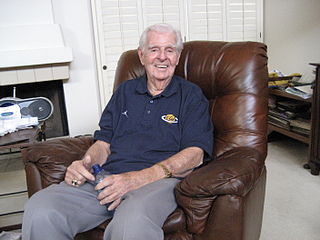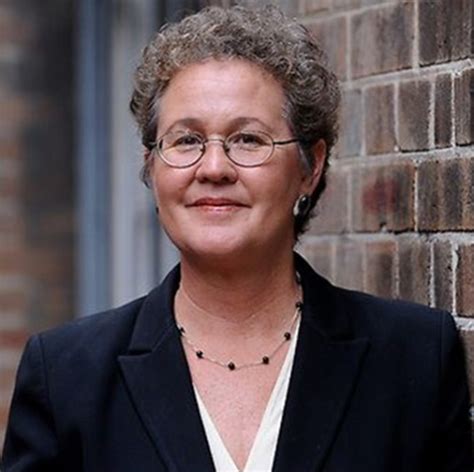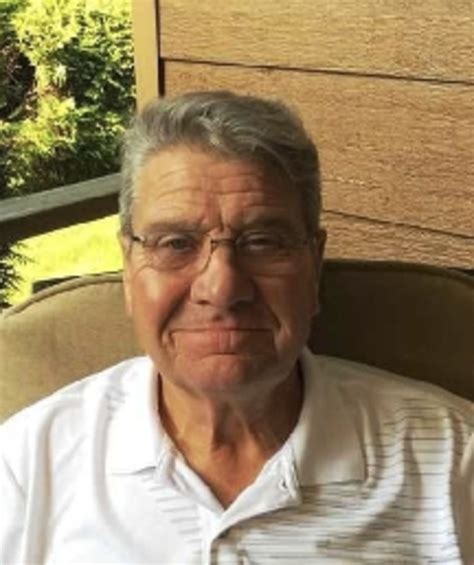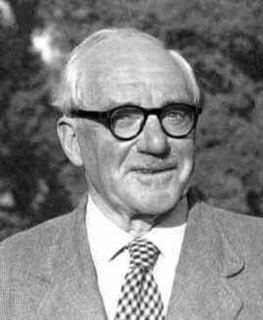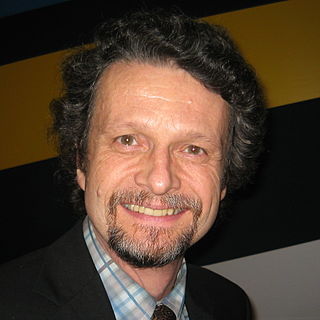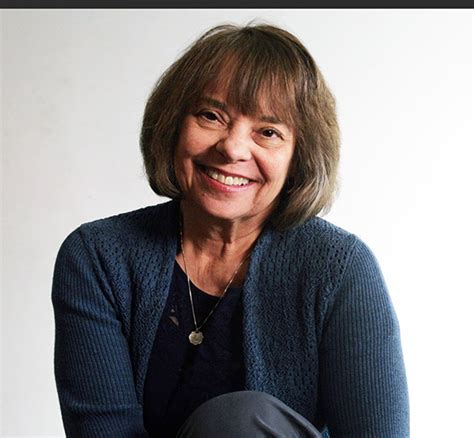A Quote by Thich Nhat Hanh
When you learn about the teaching and the practice of another tradition, you always have a chance to understand your own teaching and practice.
Related Quotes
My teaching is not a philosophy. It is the result of direct experience...
My teaching is a means of practice, not something to hold onto or worship.
My teaching is like a raft used to cross the river.
Only a fool would carry the raft around after he had already reached the other shore of liberation.
I came out with a book called The True Secret of Writing: Connecting Life with Language. It's a book that describes how writing is a practice and how my teaching is part of that practice. I direct the writing and create books but underneath, there's always the river of practice happening. No good, no bad. Just do it.
Bureaucratic solutions to problems of practice will always fail because effective teaching is not routine, students are not passive, and questions of practice are not simple, predictable, or standardized. Consequently, instructional decisions cannot be formulated on high then packaged and handed down to teachers.
If men act upon the teaching of the Word of God, and as proportionately men live according to the teaching and commands of the Bible, so they have in practice a sufficient psychological base. I will find you a man dealing with psychological problems on the basis of the teaching of the Word of God, even if he never heard the word psychology, or does not know what it means.
It was hard to become an astronaut. Not anywhere near as much physical training as people imagine, but a lot of mental training, a lot of learning. You have to learn everything there is to know about the Space Shuttle and everything you are going to be doing, and everything you need to know if something goes wrong, and then once you have learned it all, you have to practice, practice, practice, practice, practice, practice, practice until everything is second nature, so it's a very, very difficult training, and it takes years.
Follow your nature. The practice is really about uncovering your own pose; we have great respect for our teachers, but unless we can uncover our own pose in the moment, it's not practice - it's mimicry. Rest deeply in Savasana every day. Always enter that pratyahara (withdrawn state) every day. And just enjoy yourself. For many years I mistook discipline as ambition. Now I believe it to be more about consistency. Do get on the mat. Practice and life are not that different.



